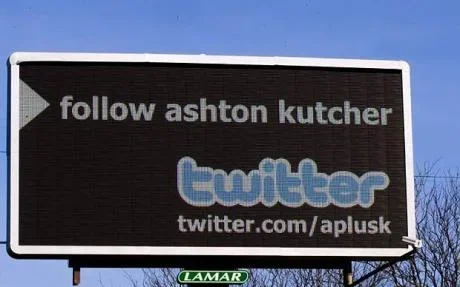
Speaking at the Founders conference in Dublin on Saturday, Mr Dorsey explained that his new start-up had the potential to “bolt on” to a number of other services and that it, like Twitter, was only in its infancy. Mr Dorsey said that doctors and nurses in the US were already being paid using Square, and he spoke about the possibilities for charities and healthcare professionals to accept payments using the system, potentially allowing powerful new micro-payment models. He accepted there had been “scepticism” from consumers, and from the credit card industry, which he described as “flawed.”
A new version of Twitter’s website, which has been gradually rolling out to users over the past month, “has only scratched one per cent” of the platform’s potential, according to Dorsey. There are a lot more products and services “that can and will be built” in the future./monthly_2010_11/twitter_1719756c.jpg.89b09cde4a7decdddabfc889bcffe5d7.jpgHe also acknowledged that there had been significant doubts from the financial services industry about the credibility of his technology and his payments model. The transition from social media to financial services had been “very difficult,” he said. By next year, Dorsey expects Square to be processing over $1bn worth of payments annually. The service will roll out in next in Canada, followed by Europe, maintaining its 2.75pc flat transaction fee in each market. Explaining the delay in launching Square outside the US, Dorsey explained that “each country has different regulations” and he suggested that a standardised set of regulations across Europe would aid the process. By combining the features of Twitter and Square, Dorsey said a new kind of payments system could be created, along with, for example, new ways of rewarding customer loyalty: Starbucks customers who paid with Square might get an e-coupon delivered automatically to their Twitter account, he said.

